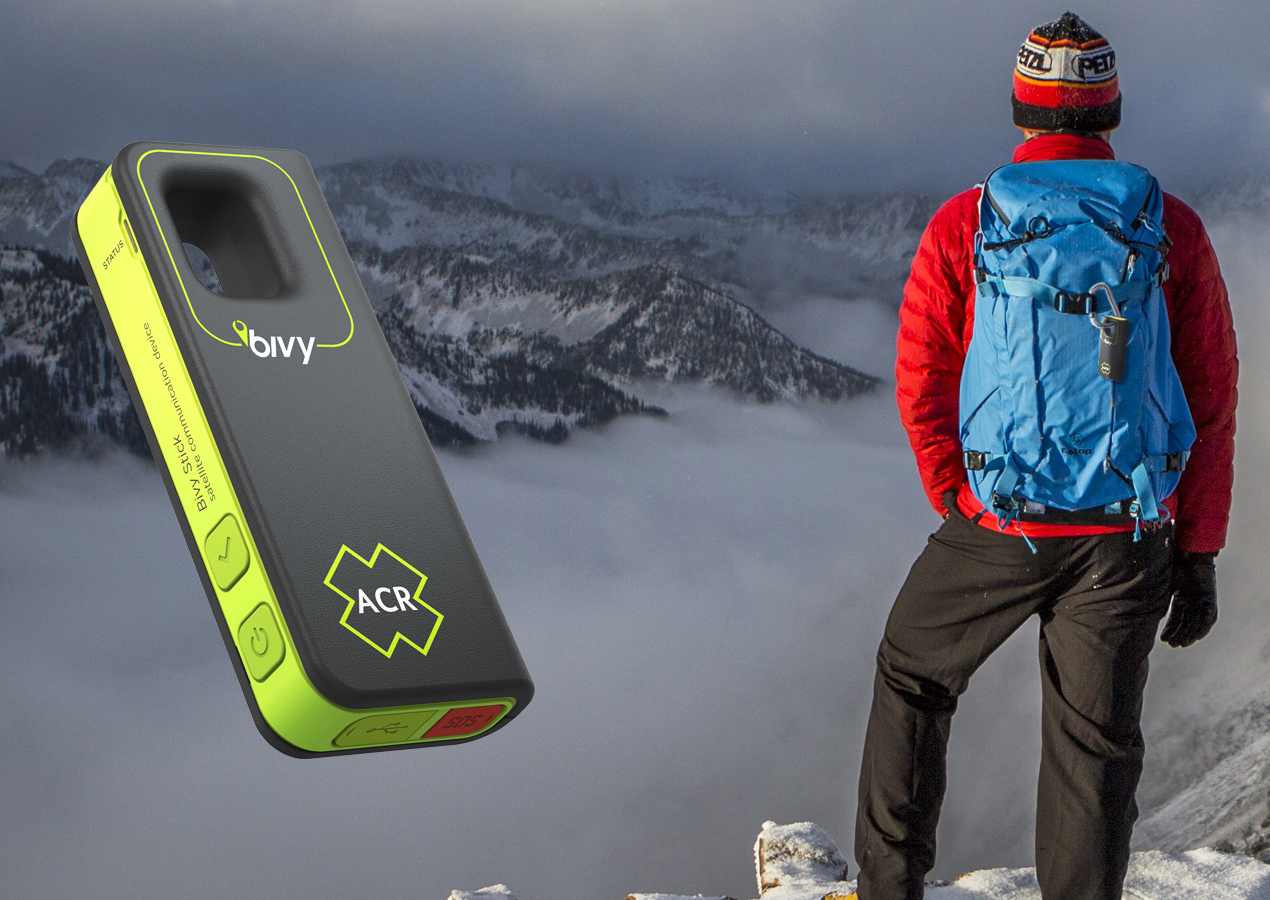When the cell towers are out, I would like to communicate with friends and family within a five to ten mile radius reliably (within hilly territory) and perhaps up to fifty miles away. I would like to be able to limit the distance so as not to hear conversations hundreds of miles away.
It would be good to hear the local police and maybe, be able to communicate with them.
Recommendations?
It would be good to hear the local police and maybe, be able to communicate with them.
Recommendations?



